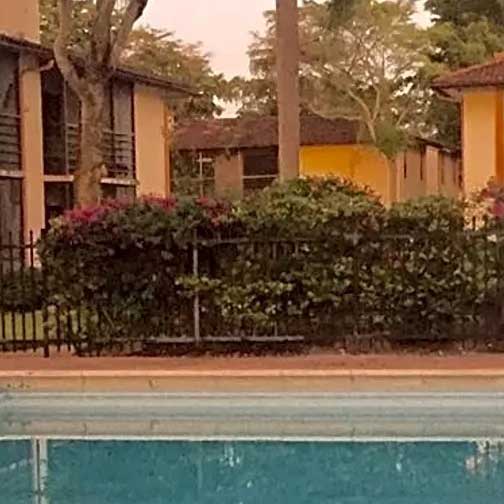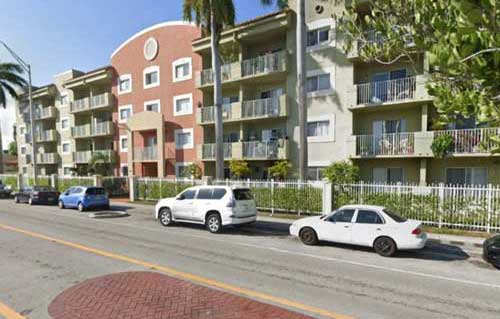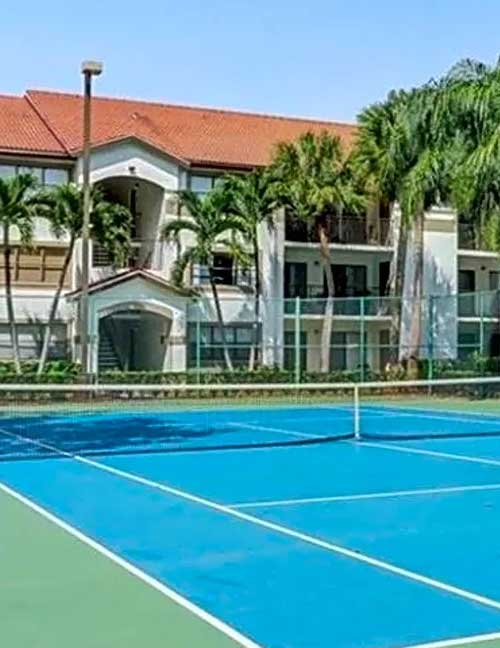Rental Property
Florida, known for its beautiful beaches and sunny weather, has a thriving rental property market, particularly for condominiums.
As a rental property owner, protecting your investment is of utmost importance, and this is where condo insurance comes into play. However, obtaining the right insurance coverage can often be confusing and complex.
Explores the significance of condo insurance in Florida and why it is critical for rental property owners


Understanding Condo Insurance
Condo insurance, also known as an HO-6 policy, is an insurance policy that covers personal property damage, liability costs, and specific parts of the interior structure of the unit. This coverage is different from the master policy that the condominium association holds, which generally insures the building exterior and common areas.
In Florida, having condo insurance is not mandatory by law but is often required by the mortgage lender. Even in cases where it isn’t compulsory, it is still highly recommended. This is due to the high-risk nature of Florida’s environmental factors, such as hurricanes and floods, which can result in significant property damage.
15+
Years In Business
1.5k
Happy Clients
2.5k
Projects Completed
150+
Trained Staff
The Uniqueness of Florida’s Condo Insurance Needs

Florida’s geographic location and unique weather conditions place it in a high-risk category for natural disasters. The state is prone to hurricanes, tropical storms, flooding, and sinkholes. All of these factors significantly increase the potential for property damage.
Furthermore, Florida law requires condo associations to have insurance coverage for the condo building, common areas, and bare walls of individual units. However, it does not cover personal belongings and improvements or additions made to the unit by the condo owner. Thus, condo insurance in Florida is essential for landlords who rent out their properties to cover these additional risks.
Key Components of Condo Insurance in Florida
1. Personal Property Coverage
This coverage helps protect personal items within the condo, such as furniture, electronics, and appliances. As a rental property owner, even though your tenant might have renter’s insurance, having your personal property coverage is crucial to ensure your furnished condo is protected.
2. Liability Coverage
If a guest gets injured within your rental property, liability coverage helps pay for legal expenses and medical costs. Given that the liability falls on the landlord in many situations, this is an indispensable aspect of condo insurance.
3. Building Property Coverage
Also known as “dwelling coverage,” this component of the policy covers the cost to repair or replace the interior of the condo unit, such as walls, floors, cabinetry, and fixtures if they are damaged by a covered peril.
4. Loss of Use
If your rental property becomes uninhabitable due to a covered peril, loss of use coverage can help cover additional living expenses for your tenant and lost rental income for you as the landlord.


Rate Us on Yelp
248 reviews

Rate Us on Google
1,248 reviews
Cost of Condo Insurance in Florida
The cost of condo insurance in Florida can vary based on several factors, including the condo’s location, size, age, and construction type, as well as the coverage limits and deductibles selected. However, given the higher risk factors present in the state, condo insurance premiums tend to be higher in Florida compared to the national average.
It’s always advisable to shop around, compare quotes, and consider the reputation and financial stability of the insurance company before purchasing a policy.
In conclusion, condo insurance plays a vital role in safeguarding your rental property in Florida. It provides coverage for personal property, liability, building property, and loss of use, which can be beneficial in the event of unexpected damages or liability claims. By investing in condo insurance, you can ensure that your rental property remains a profitable venture, even in the face of potential perils.